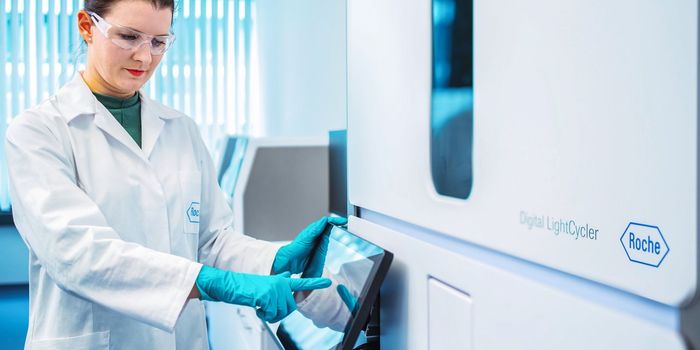Information from the Placenta Could Speed Up Autism Diagnoses
Autism spectrum disorder (ASD) is a developmental disability estimated to affect one in 44 children in the United States. The characteristics of ASD vary between individuals but those diagnosed with the disorder can experience challenges socializing and communicating. Further, the ability of individuals with ASD to learn differs significantly. While some people with ASD are intellectually gifted, others require significant intervention. Substantial research indicates major benefits for early intervention in children diagnosed with ASD. Thus, developing methods to diagnose ASD as early as possible are needed.
A recent study published in Genome Biology has uncovered a new clue to assist in the early diagnosis of ASD, and, surprisingly, it lies in the placenta. The placenta is a tissue that develops during pregnancy to transport nutrients from mother to baby and remove waste from the baby’s bloodstream. The complex genetics involved in the development of ASD has posed challenges to identifying biomarkers common to ASD. Notably, many genetic modifications, including DNA methylation, are detectable in the placenta. Developing a method to diagnose ASD through the placenta could provide valuable resources allowing doctors to provide the best possible healthcare to children.
The researchers performed a combination of whole-genome sequencing (WGS) and whole genome bisulfite sequencing (WGBS) on 204 placenta samples collected as part of two ongoing studies (MARBLES and EARLI). The mothers included in the study had at least one child with autism and were identified as high-risk of having a child with ASD. The children received comprehensive, standardized diagnostic and developmental assessments at three years of age. The study identified a gene, NHIP, present in the placenta of babies eventually diagnosed with ASD.
The authors conclude that the characterization of NIHP will be essential to understanding the genetic makeup of ASD and the hereditary risks of the disease. Further investigation to corroborate these findings could establish NHIP as an important biomarker of ASD that can be identified at birth, well before the onset of symptoms. NHIP identification in placental tissue could significantly accelerate the diagnosis of ASD and allow for early intervention therapies for children. Further, as an organ typically discarded after birth, the placenta could provide this essential and timely genetic information without causing any undue harm to the baby.
Sources: NICHD, Genome Biol, Philos Trans R Soc Lond B Biol Sci, Methods Molc Biol









